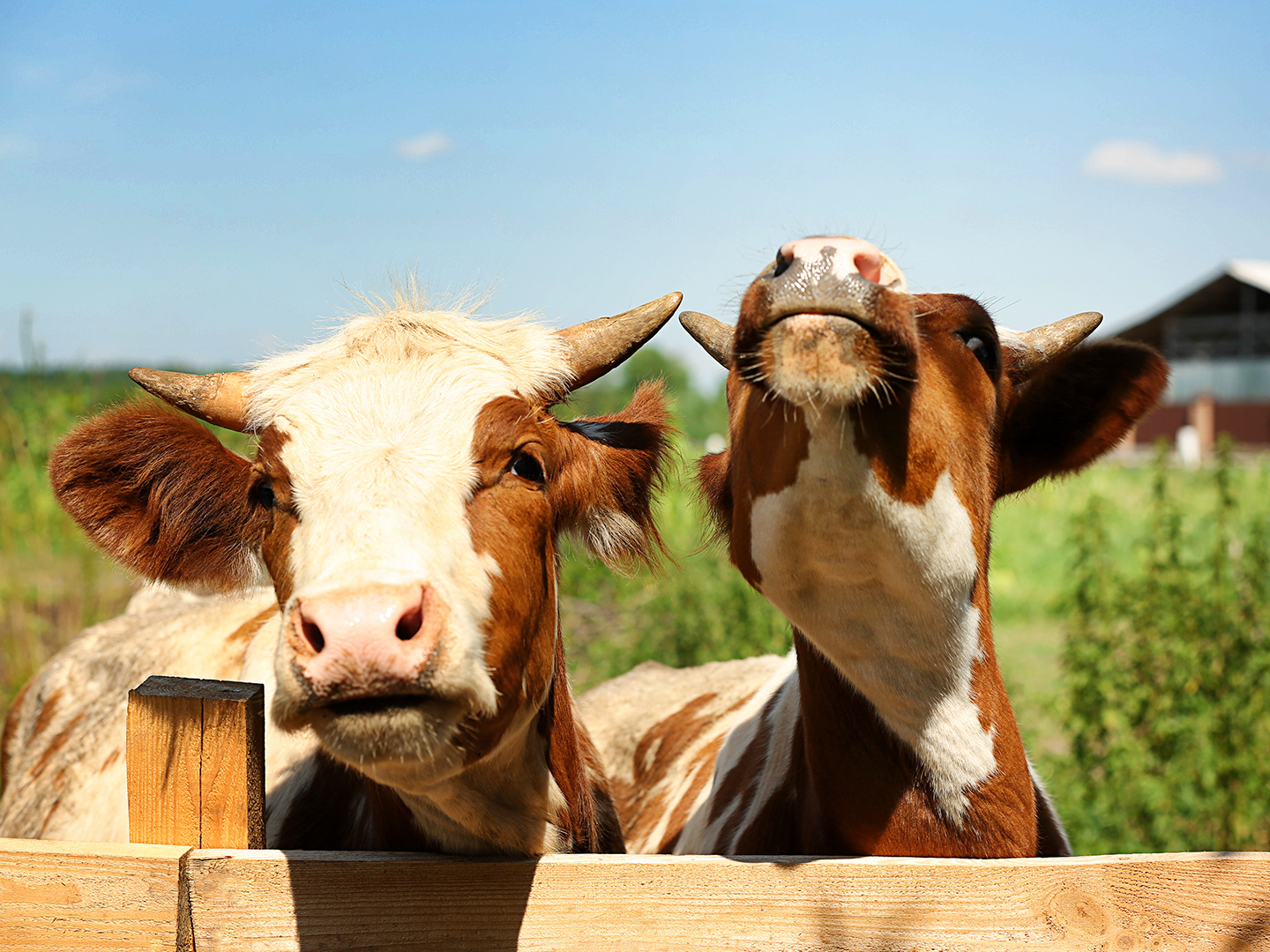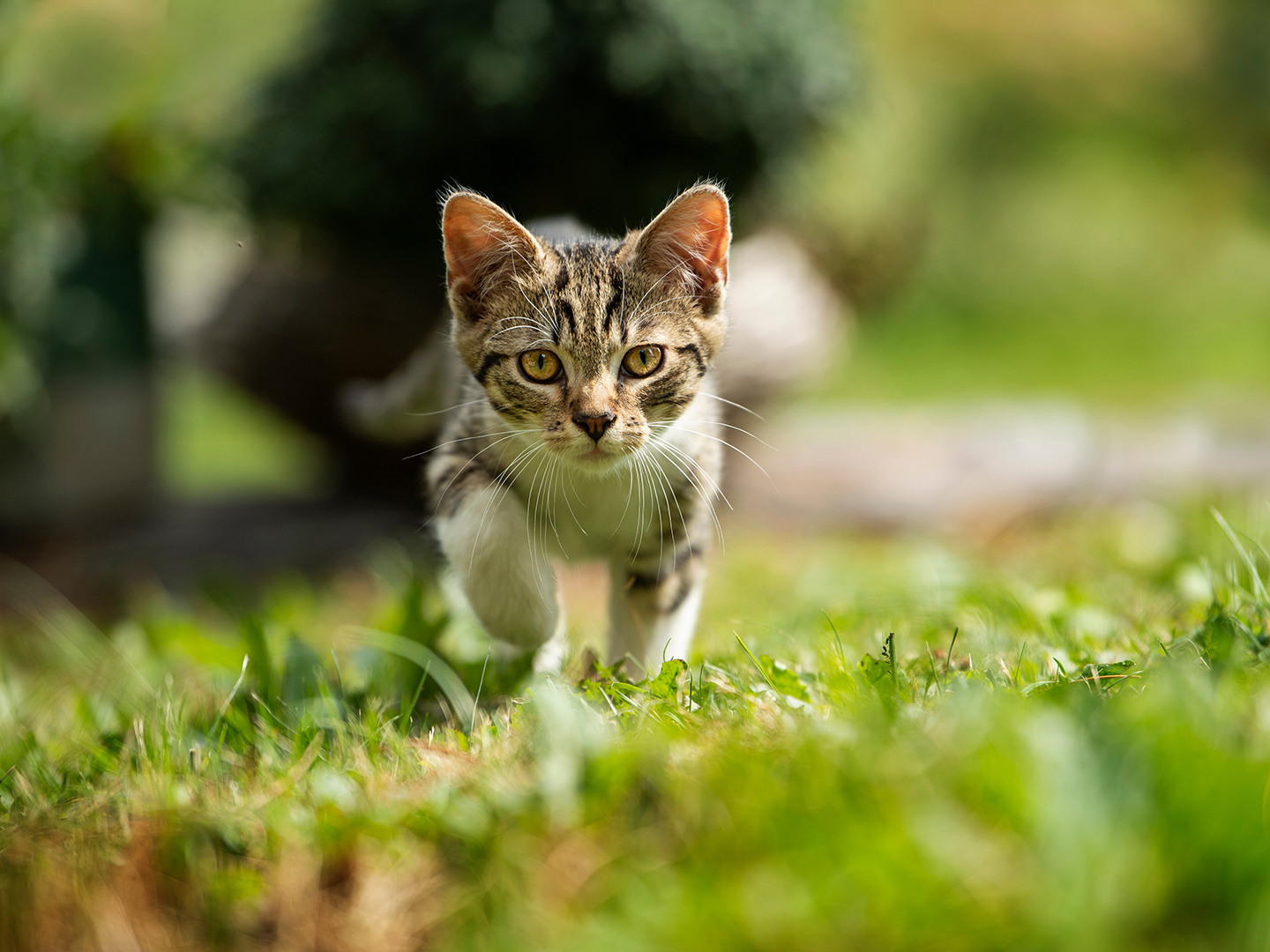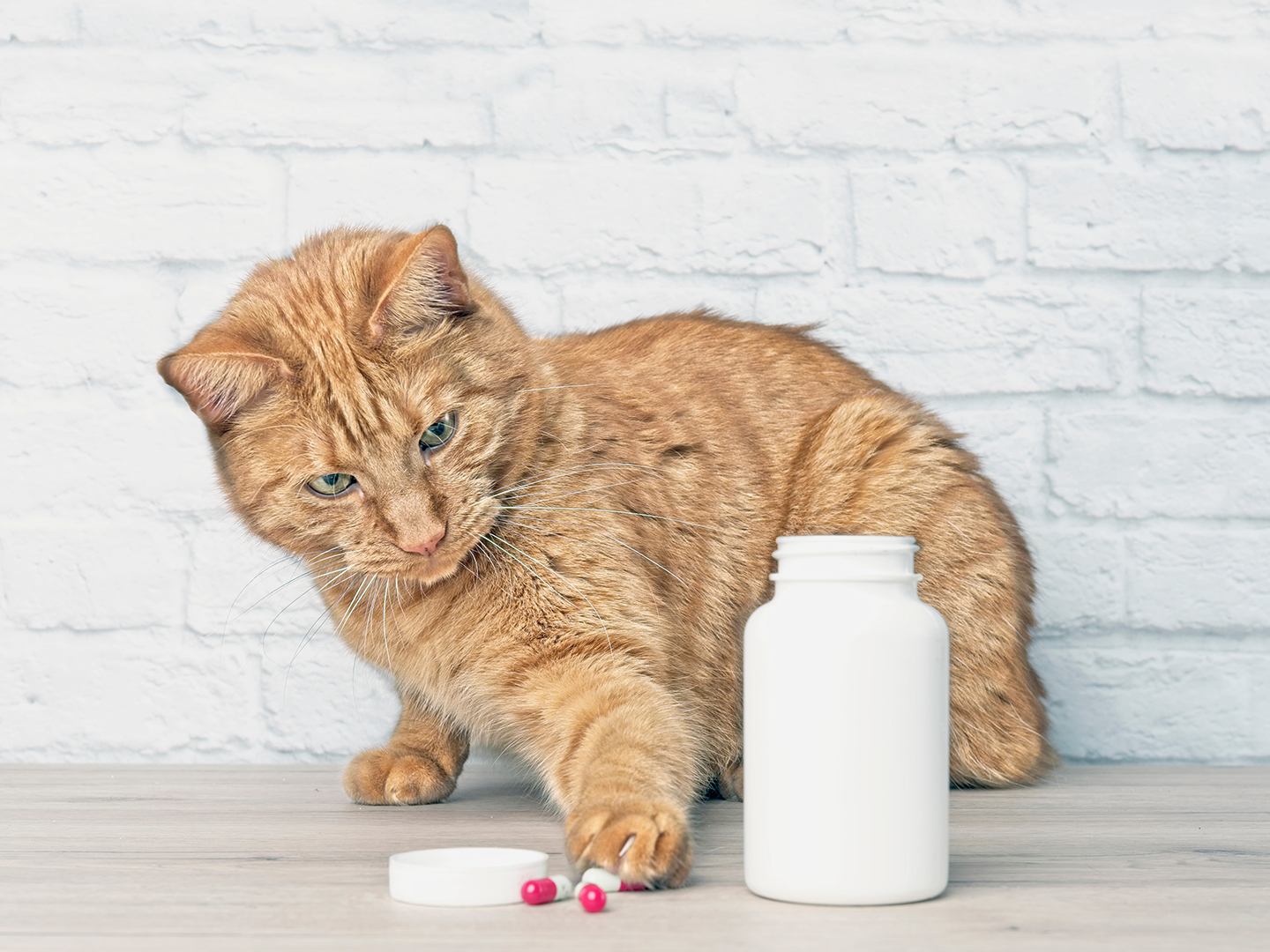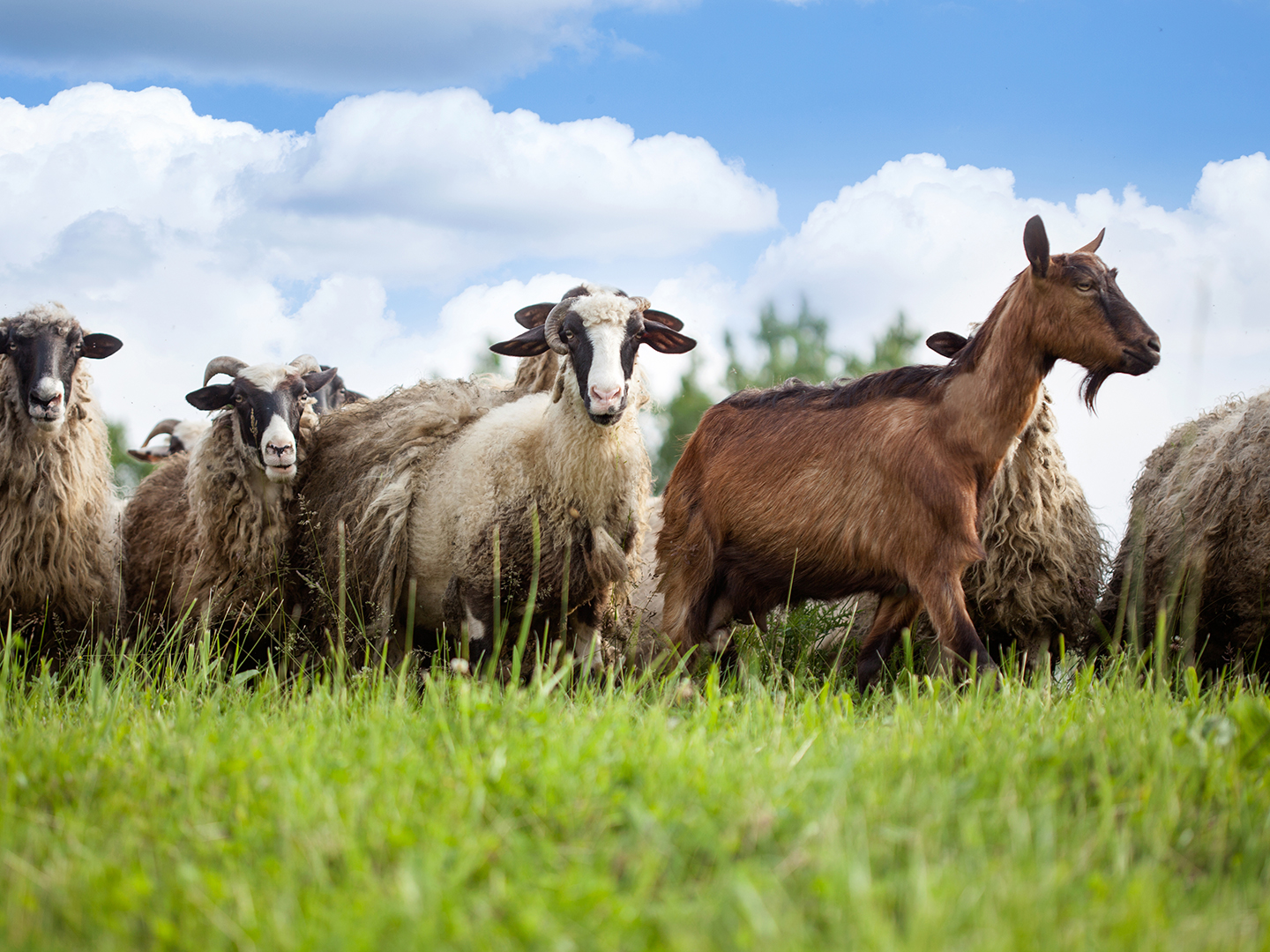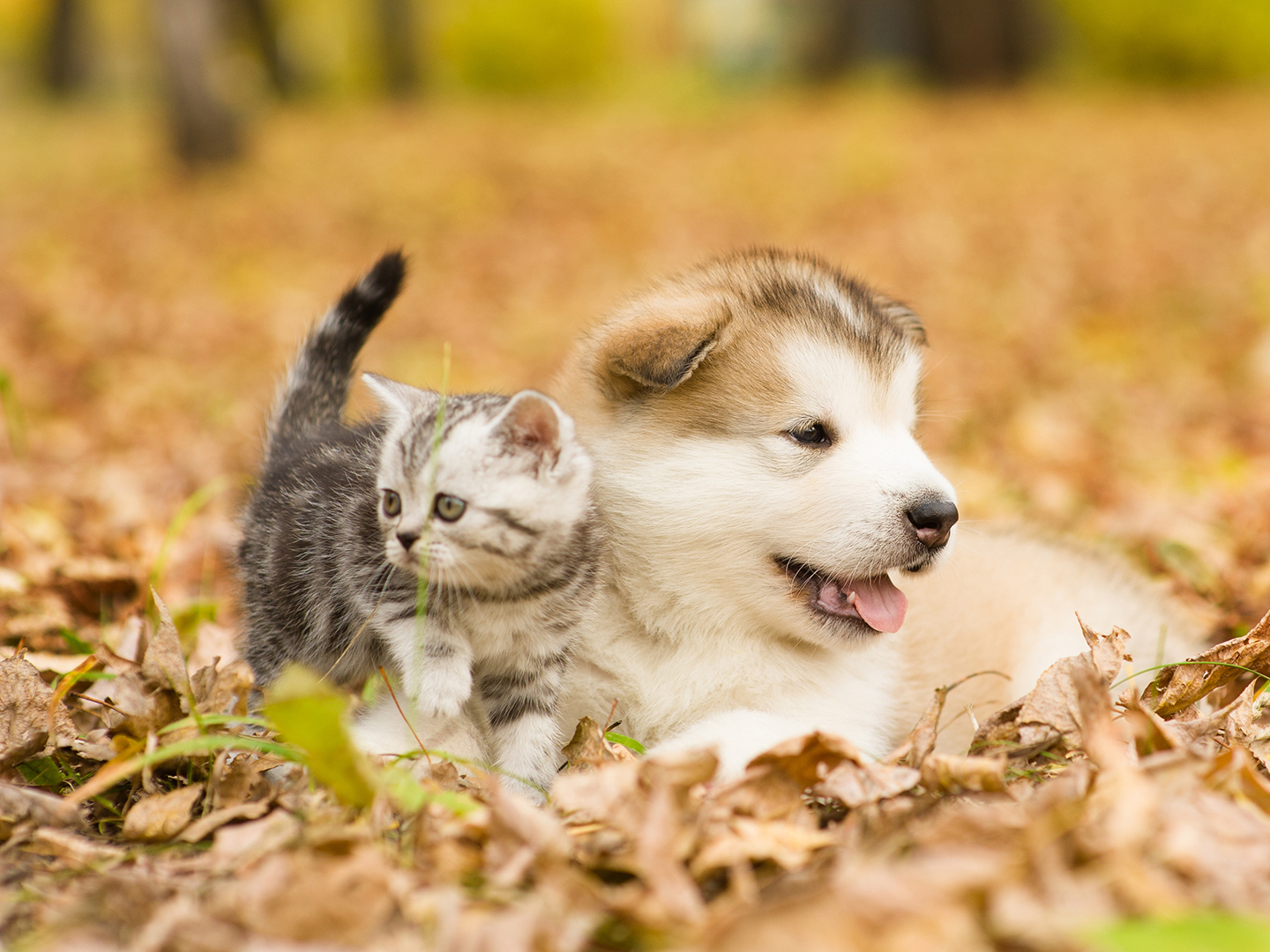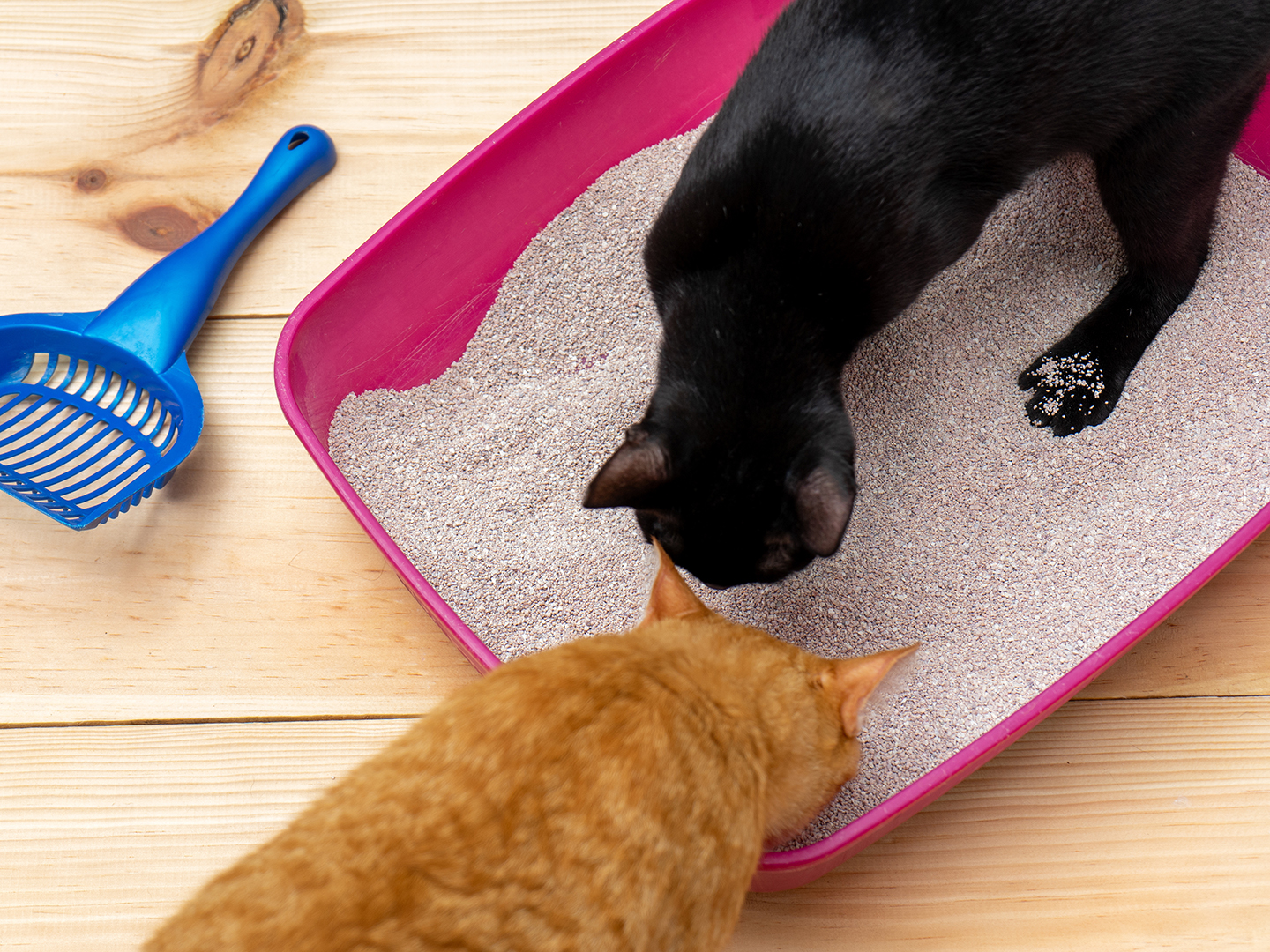Pet & Pasture Talk
Providing Pets With A Stress-Free Thanksgiving
Thanksgiving is a day to be thankful, indulge in delicious food, and gather with friends and family. But our pets may find the holiday stressful if they suddenly find themselves surrounded by a large group of unfamiliar people. As owners prepare to give thanks, Dr. Lori Teller, a clinical professor at the Texas A&M School […]
Designing Biosecurity Plans For Hobby Farms
More and more people are practicing farming because they enjoy the outdoors, animals, and the fruits of their labor as opposed to farming as a primary source of income. Even though “hobby farming” can be a fun activity, it still requires dedication and careful planning. One important aspect of developing a hobby farm with animals […]
Pumpkin Safety For A Pet-Friendly Halloween
As Halloween creeps closer, the time to carve pumpkins with spooky faces grows near, and since pumpkins are safe for both cats and dogs to eat, creating jack-o-lanterns is an activity your furry family members can participate in, with appropriate supervision. Dr. Katie Tolbert, a clinical associate professor in small animal and comparative gastroenterology at […]
How Free-Roaming Cats Impact Wildlife, Disease Transmission
Cats are hunters by nature, which is why it’s not uncommon for an outdoor cat to bring home a “gift,” left on their owner’s doorstep. Yet Molly Guyette, a third-year Doctor of Veterinary Medicine and veterinary public health & epidemiology master’s student at the Texas A&M School of Veterinary Medicine & Biomedical Sciences (VMBS), says […]
Preventing Pet Intoxication
Our furry friends have curious natures, and even though we try our best to keep them safe and healthy, they may still get into trouble when they unknowingly eat human medications or other common household items that are toxic to them. Dr. Christine Rutter, a clinical associate professor of emergency medicine at the Texas A&M […]
Managing Parasite Infections In Small Ruminants
Warm seasons are an excellent time for livestock to roam outdoors and munch on the wild vegetation, yet with grazing comes the risk of ingesting parasites. Because small ruminants like sheep and goats are most at risk for parasites during grazing seasons, Dr. Isabelle Louge, a clinical assistant professor at the Texas A&M School of […]
Understanding Littermate Syndrome In Puppy Pairs
Puppies are so adorable that you may feel tempted to adopt two instead of just one. Even though having two puppies may seem like a good idea, raising them together can cause long-term behavioral problems. Harmony Diers, a veterinary technician at the Texas A&M School of Veterinary Medicine & Biomedical Sciences, says that while these […]
Improving Animal Welfare Through Spays And Neuters
As dedicated pet owners, we do everything possible to keep our pets happy and healthy, whether it is finding the best kind of food, providing a new favorite toy, or grooming and exercising them. Another way to keep our pets in good health is by spaying or neutering them. Dr. Brad Bennett, a clinical assistant […]
Identifying Lumps And Bumps With Diagnostic Testing
Lumps and bumps are a normal part of life, but what do we do when we notice a new lump or bump on our furry friend? When we take our pet to a veterinarian to examine a mass, the doctor may recommend diagnostic testing, which includes any medical screenings used to determine the cause of […]
A Guide To Litter Box Etiquette
The first stop after getting a new cat is usually the pet store for food, toys, and furniture, with a litter box being a top priority. You may not give much attention to the box itself or the cleaning etiquette it takes to care for them, but there can be messy consequences if cats are […]


